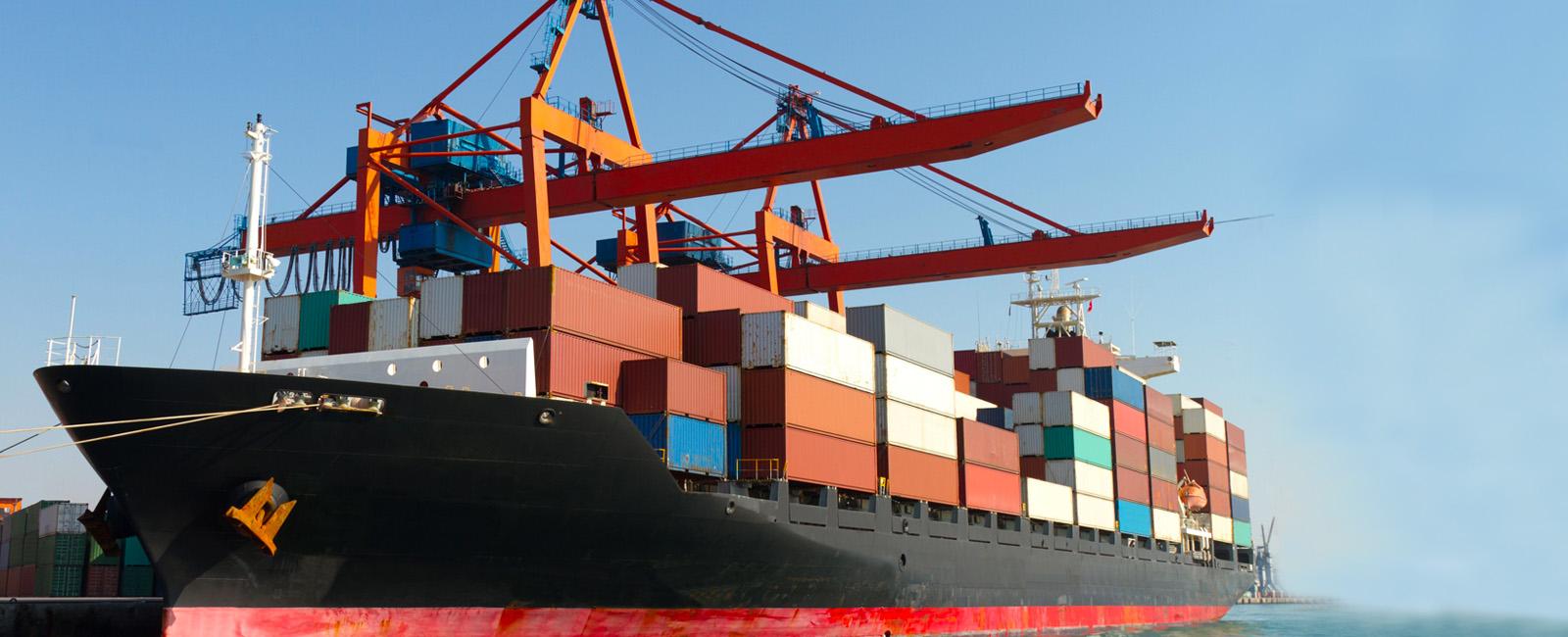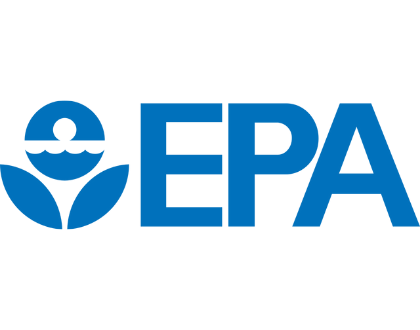
Generalized System of Preferences/Competitive Needs Limitations
Generalized System of Preferences (GSP)
The RV industry relies on the Generalized System of Preferences (GSP), the oldest U.S. trade preference program, to import crucial product inputs duty-free. Unfortunately, since the program lapsed at the end of 2020, the RV industry has been burdened with up to an estimated $1.5 million in duties each month. Of paramount concern is Indonesian lauan, a vital material used in RV manufacturing. Lauan, renowned for its thin, sturdy, and moisture-resistant properties, lacks domestic availability and substitutes.
As of April 2025, the RV industry has incurred approximately $51 million in duties since the program's lapse in 2020.
The RV Industry Association supports the retroactive reauthorization of the GSP program with a renewal term of six or longer. Additionally, we advocate for the comprehensive inclusion of all Indonesian lauan in the program to sustain the vitality of our industry.
Reforming Competitive Need Limitations (CNL)
Competitive Need Limitations (CNL) are predefined import ceilings within the GSP program that deny duty-free access to the US market for products exceeding them. These limitations persist even in the absence of domestic alternatives or demonstrated harm to US industries. GSP benefits cease when imports of a specific product from a particular country either represent 50 percent or more of the total US imports of that product or surpass a designated dollar value, which escalates annually. In 2025, the cap stands at $220 million. These restrictions disproportionately impact products like lauan, which are primarily imported from one beneficiary country due to the unique nature of the product.
The RV Industry Association supports the modernization of CNLs by adjusting the dollar threshold to reflect inflation and eliminating volume limitations for products available solely in limited geographic areas. This reform is vital to ensuring fair access to duty-free benefits and promoting the growth and competitiveness of industries reliant on imported materials. We support HR 6555, the CNL Update Act, which would make common-sense adjustments to the CNL thresholds to ensure the program remains viable for both domestic manufacturing and beneficiary countries.
Latest PFAS Updates
Please Sign in to View
Log in to view member-only content.
If you believe you are receiving this message in error contact us at memberservices@rvia.org.



